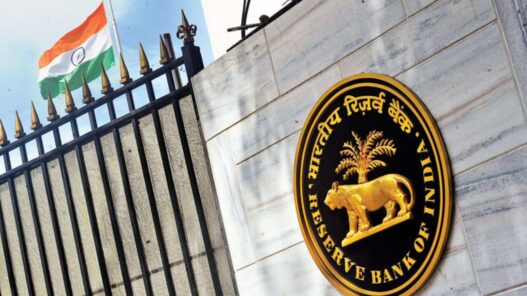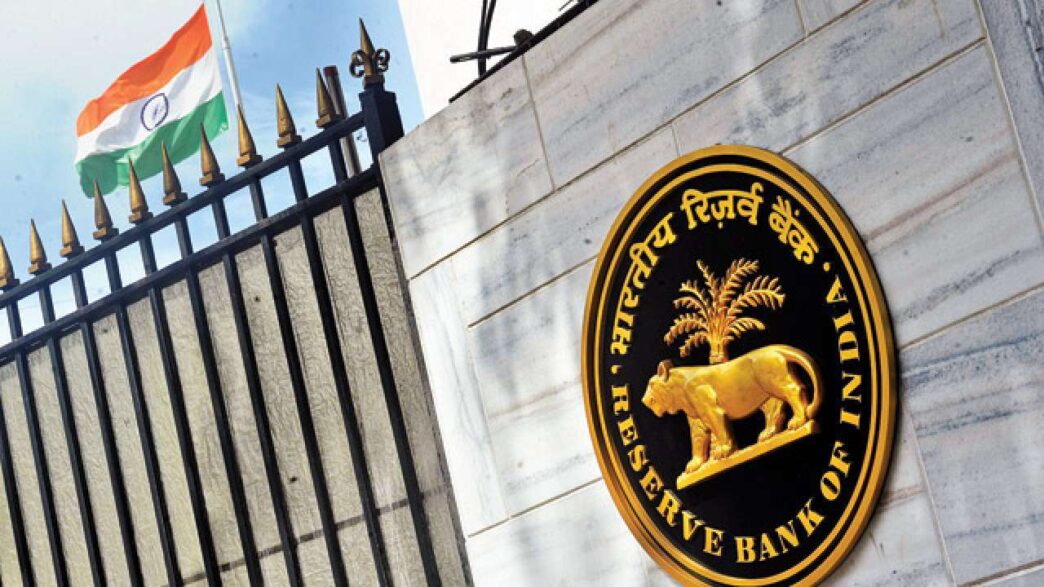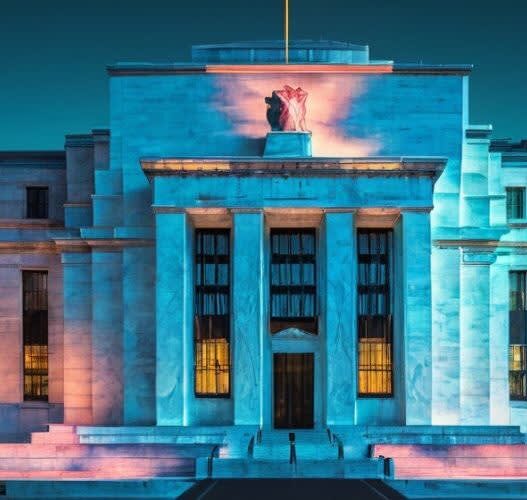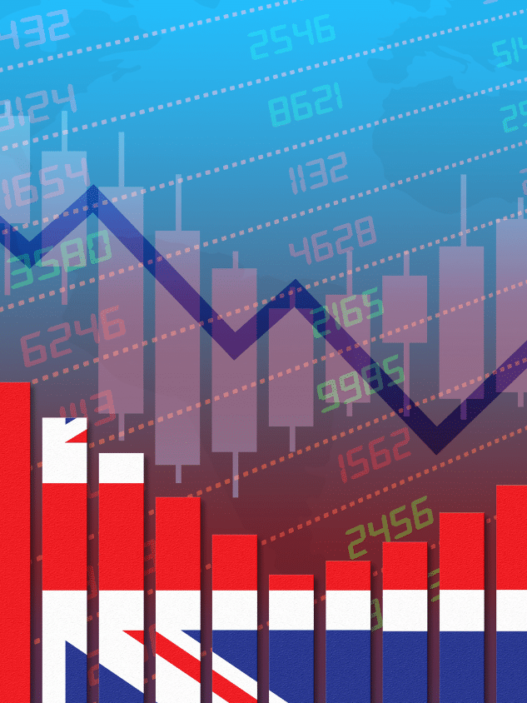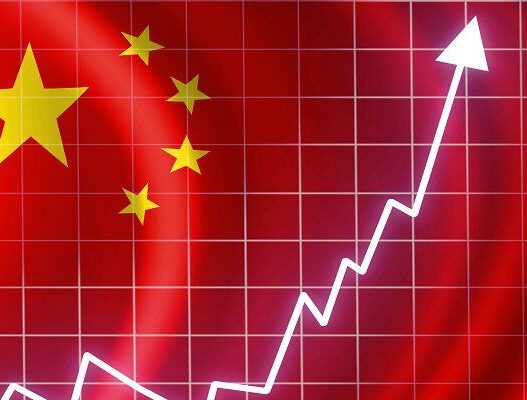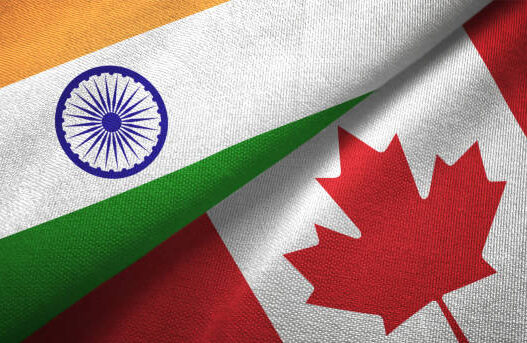India’s Reserve Bank (RBI) is maintaining interest rates at 6.5%, but with some economists suggesting a shift to a neutral stance. This could hint at possible rate cuts in the future. While slower economic growth and lower inflation provide room for rate cuts, the RBI has yet to act, preferring to gather more data before making any significant decisions.
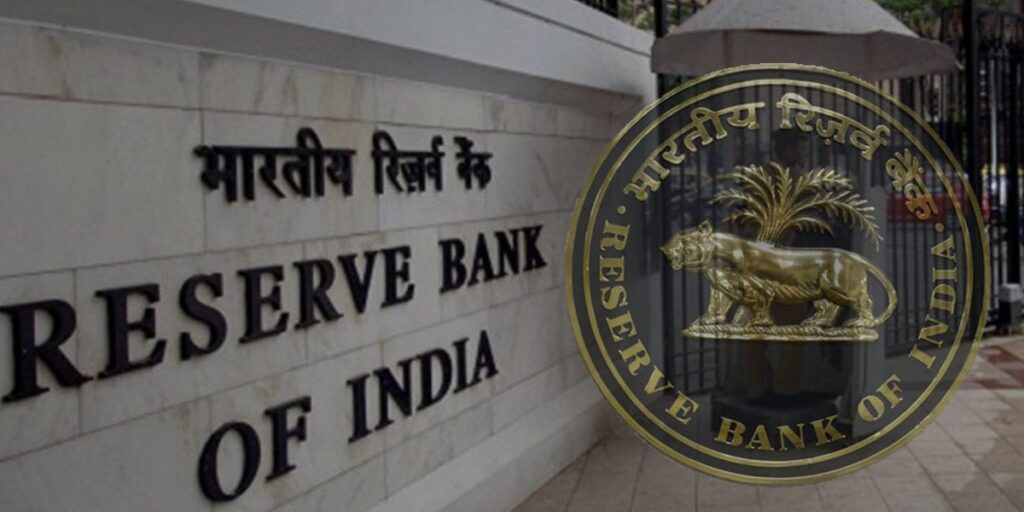
What Could Happen Next?
- Rate Cuts by December?: If the RBI changes its stance to neutral, there is a possibility of interest rate cuts as early as December. Lower rates would reduce borrowing costs, encouraging more spending and investment. However, if rates are cut too soon, inflation could rise again, creating new economic challenges.
- U.S. Fed Influence: The U.S. Federal Reserve has already cut rates, and many analysts believe India might follow. Rate cuts would benefit businesses and borrowers but require the RBI to carefully balance growth and inflation.
How RBI’s Decisions Impact Your Everyday Life
The Possibility of Lower Rates
- Cheaper Borrowing: If the RBI cuts rates, loans for homes, cars, and other big purchases would become cheaper. For instance, lower interest rates mean lower monthly payments on a home loan, making it easier to fit into your budget.
- Inflation Risk: Cutting rates too quickly can increase inflation, where prices rise rapidly, decreasing the purchasing power of your money.
Understanding Inflation and Your Wallet
- Current Inflation: Inflation is currently below the RBI’s target of 4%, meaning prices aren’t rising quickly. This is good for your wallet, as your purchasing power remains stable.
- Future Inflation Risk: If inflation begins to rise, you may start noticing higher prices for groceries, fuel, and other essentials, which could strain your budget.
Slowing Economic Growth and Its Impact
- Economic Growth: India’s economy is growing at 6.7%, slower than previous quarters. Slower growth could mean fewer job opportunities and slower wage increases, directly impacting your financial security.
- Job Market Impact: Companies may hold off on hiring or offering raises, making it harder to achieve financial stability and meet personal financial goals.
Why This Matters for Your Financial Decisions
- Borrowing Opportunities: If the RBI signals a rate cut, it could be a good time to consider borrowing for major purchases. Lower rates make loans more affordable.
- Budgeting for Inflation: If inflation starts rising, you may need to adjust your budget to account for higher costs in everyday expenses like groceries and fuel.
Economic Growth is Slowing—What Does it Mean?
India’s economy grew by 6.7% last quarter, still the fastest among major economies but slower than before. Factors like reduced government spending during elections and weaker manufacturing numbers are contributing to this slower growth. If growth continues to slow, the RBI might cut rates to stimulate the economy. This slowdown can result in fewer job opportunities and lower wage growth, affecting everyone.
Takeaway for Finance Students
This situation illustrates how central banks like the RBI make decisions by balancing two key goals—controlling inflation and supporting economic growth. If inflation remains low and growth slows, the RBI may cut rates to encourage investment and borrowing. However, this could also lead to rising inflation in the future.
Finance students should observe how these monetary policy decisions affect markets, businesses, and personal finances, as they demonstrate the real-world impact of central bank actions.




